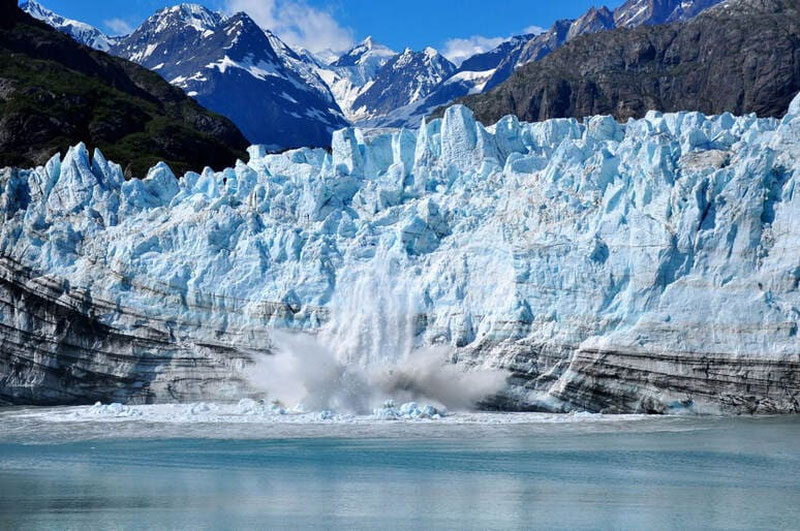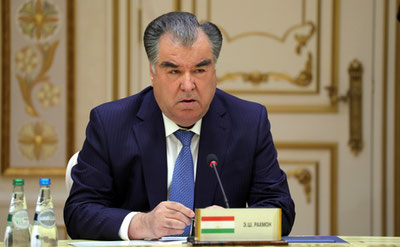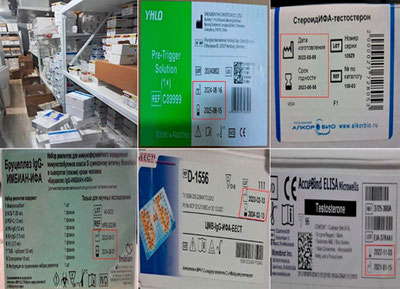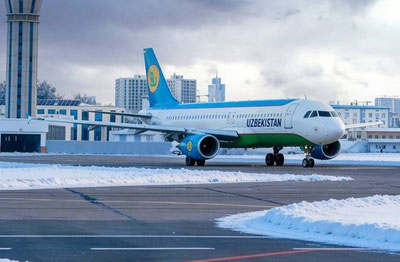Central Asia could lose a third of its glaciers by 2050. This was stated by Bahodur Sheralizoda, the head of the Committee for Environmental Protection of Tajikistan, during a panel discussion on climate within the framework of COP29,he informed.
Tajikistan has more than 14,000 glaciers, which provide 60 percent of the region's water resources. The rapid melting of these glaciers poses a threat to the region's water, food, and energy security, said Sheralizoda. He recalled that over the last 30-40 years, more than 1,000 glaciers have melted away in the republic.
Masatsugu Asakawa, the president of the Asian Development Bank, in turn, spoke about plans to invest 3.5 billion dollars over 7 years in initiatives aimed at protecting glaciers and promoting sustainable agricultural development.
Regional partners, including the Minister of Ecology of Azerbaijan, Mukhtar Babayev, emphasized the importance of a unified approach in addressing the issue of glacier melting. The worsening climate situation and the reduction of glaciers will lead to water scarcity and will negatively affect agriculture and ecosystems in Central Asia and the Caucasus.






